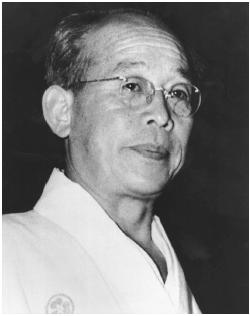| Version 3 (modified by , 13 years ago) (diff) |
|---|
melodramas revolving around the self- sacrificing Neeta (S. Choudhury), a figure analogous to the women in Mizoguchi’s work. A family of refugees from the Partition of Bengal live in a shanty town near Calcutta, surviving on the earnings of the eldest daughter Neeta. Her elder brother Shankar
(A. Chatterjee) hopes to become a classical singer, and Neeta postpones her marriage to the scientist Sanat (N. Ray) to support the family and to pay for her younger brother’s and sister’s studies. Eventually, with the tacit encouragement of Neeta’s mother (De), Sanat marries her younger sister Geeta (G. Ghatak). The family is beset by misfortunes as the father (B. Bhattacharya) and the younger brother Montu (Bhawal) both suffer accidents, forcing Neeta to remain the sole breadwinner in spite of her worsening tuberculosis. Finally Shankar, having achieved his ambition, takes her to a mountain resort for treatment. There, terminally ill and having sacrificed her best years, she finally cries out into the silence of the mountains her will to live. The story is familiar in Bengali melodrama (cf. Arundhati Devi’s Chhuti, 1967), a link stressed by the casting of Bengali star Supriya Choudhury. However, into this plot Ghatak weaves a parallel narrative evoking the celebrated Bengali legends of Durga who is believed to descend from her mountain retreat every autumn to visit her parents and that of Menaka. This double focus, condensed in the figure of Neeta, is rendered yet
Attachments
-
mizoguchi.jpg
 (9.3 KB) -
added by 13 years ago.
(9.3 KB) -
added by 13 years ago.
